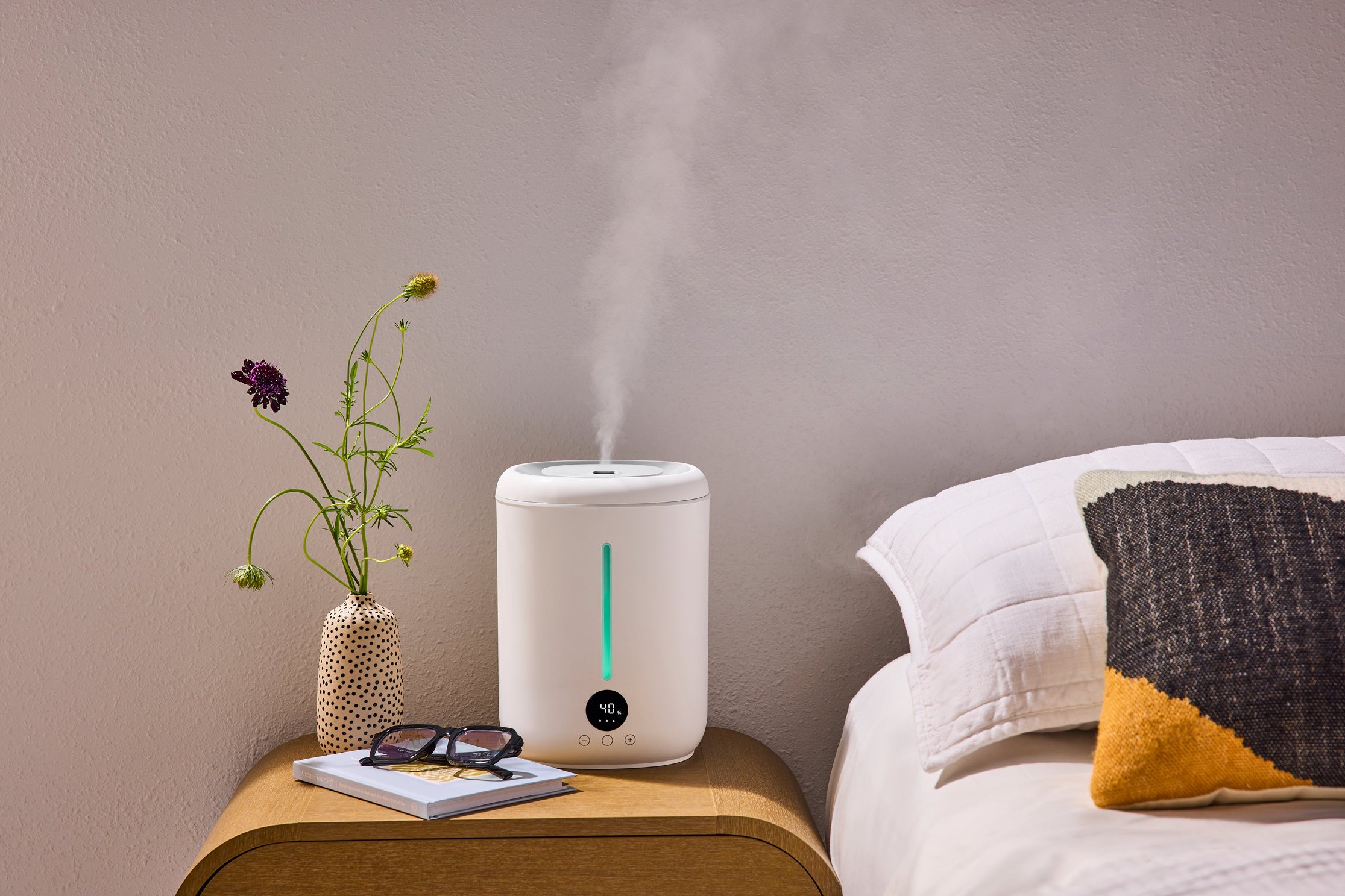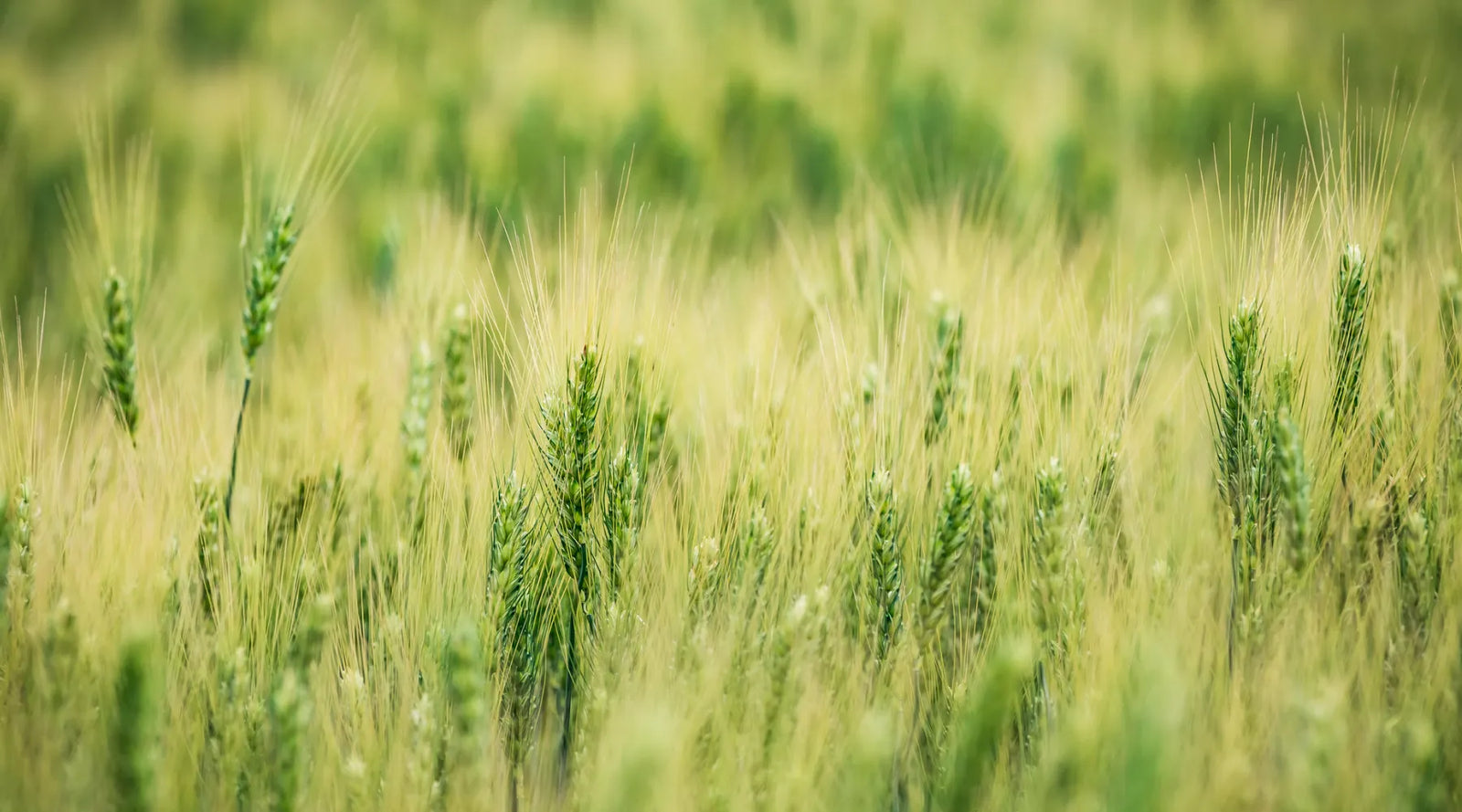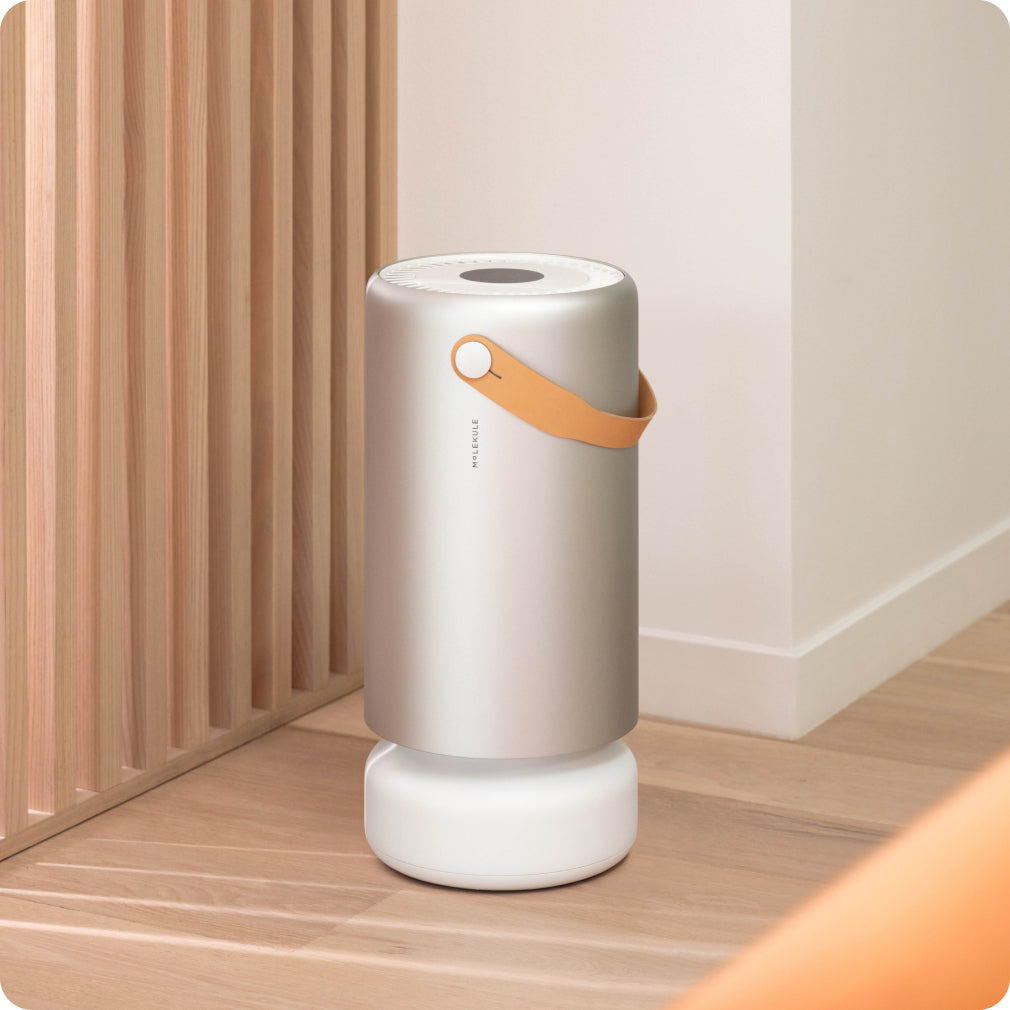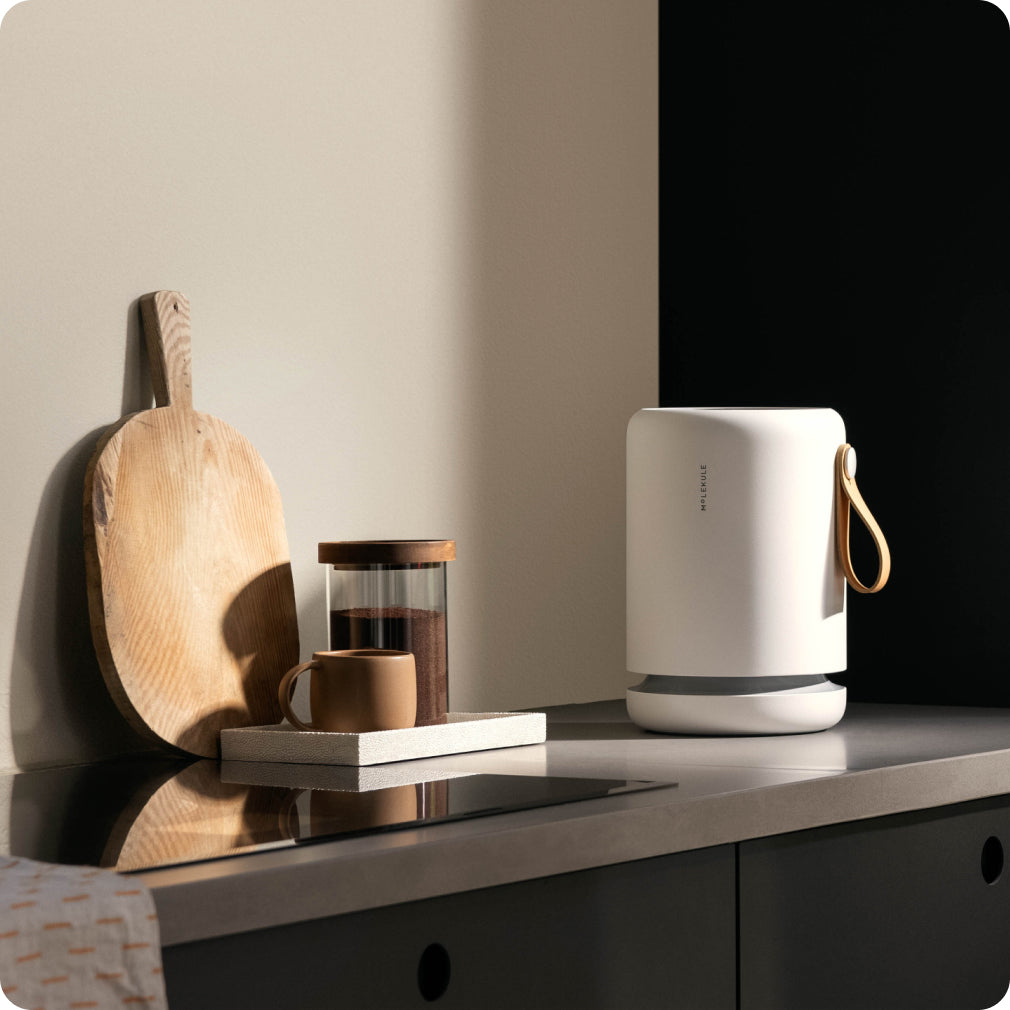With spring waning and summer on the horizon, it’s time to get familiar with warm-weather allergens that threaten to disrupt our summer pool parties, BBQ get-togethers, and relaxing evenings on the backyard deck. The truth is, “seasonal allergies” really just refers to the allergens present that season—there are no seasons off. In spring, trees were in bloom; in June, grasses begin to flower, releasing their own pollen into the air causing itchy eyes and runny noses across the country. Let’s take a closer look!
June’s Top Offenders


June’s Top Offenders
- Timothy Grass (Phleum pratense): Also known as cat’s tail or herd grass, this hardy species can grow up to 59” tall and can be found in meadows, fields, and roadsides across the U.S.
- Kentucky Bluegrass (Poa pratensis): Despite its name, this grass did not originate in Kentucky, but is native to Europe and Asia. It’s soft blue-green leaves can grow up to 40” tall and is a common grass in golf courses.
- Orchard Grass (Dactylis glomerata): Some call this cat’s grass, which is totally fine. This species creates fluffy, bushy flowers that just love releasing pollen into the air.
- Bermuda Grass (Cynodon dactylon): Also known as couch grass, this is a global species. Despite its name, Bermuda grass is an invasive species in Bermuda. It creeps along the ground creating a “mat-like” growth pattern.
- Ryegrass (Lolium spp.): This perennial species is a fast grower and known as a hardy favorite in lawns. It’s the grass of choice at Wimbledon.

Grass Allergy Symptoms
Spoiler: Allergy symptoms to grass allergens are similar to other seasonal allergens and revolve around respiratory irritation:- Sneezing: Grass pollen can irritate the nasal passages, leading to frequent sneezing.
- Runny or Stuffy Nose: Nasal congestion and a runny or stuffy nose are common allergic reactions to grass pollen.
- Itchy or Watery Eyes: Grass pollen exposure can cause itching, redness, and watering of the eyes (allergic conjunctivitis).
- Coughing: Some individuals may experience coughing as a result of postnasal drip triggered by grass pollen.
- Wheezing or Shortness of Breath: Grass pollen allergies can exacerbate asthma symptoms in individuals with asthma, leading to wheezing or difficulty breathing.
- Itchy Throat or Mouth: Grass pollen may cause itching or irritation in the throat or mouth, especially after swallowing pollen particles.
- Fatigue: Allergy symptoms, particularly persistent nasal congestion and poor sleep quality due to nighttime symptoms, can contribute to fatigue and tiredness during the day.
Tips for managing symptoms to grass pollen allergy:
- Avoidance: Limit exposure to grass pollen by staying indoors on high pollen days, especially during dry, windy weather when pollen counts are highest. Keep windows and doors closed, and use air conditioning with a high-efficiency particulate air (HEPA) filter to reduce indoor pollen levels.
- Outdoor Precautions: When spending time outdoors consider wearing a pollen mask or respirator if pollen levels are particularly high. Shower and change clothes after being outdoors to remove pollen from your skin and clothing.
- Indoor Allergen Control: Keep indoor spaces clean and free of dust and pet dander, which can exacerbate allergy symptoms. Vacuum carpets and upholstery regularly with a vacuum cleaner equipped with a HEPA filter, and use allergen-proof pillow and mattress covers to reduce exposure to dust mites.
- Medications: Talk to your doctor about how medication may help with your allergy symptoms. Over-the-counter antihistamines, such as loratadine (Claritin), cetirizine (Zyrtec), or fexofenadine (Allegra), can help relieve symptoms like sneezing, itching, and runny nose. Nasal corticosteroid sprays, such as fluticasone (Flonase) or budesonide (Rhinocort), can reduce nasal inflammation and congestion. Decongestants may also provide temporary relief from nasal congestion, but they should be used sparingly and under the guidance of a healthcare provider.
- Allergy Shots (Immunotherapy): Allergy shots, also known as immunotherapy, can help desensitize your immune system to grass pollen over time, reducing the severity of allergic reactions. Immunotherapy involves regular injections of gradually increasing doses of allergen extracts, administered under medical supervision.
- Natural Remedies: Some people find relief from grass allergy symptoms by using natural remedies such as saline nasal irrigation (using a neti pot or saline nasal spray) to rinse allergens from the nasal passages, or herbal supplements like butterbur or quercetin. However, it's essential to consult with a healthcare provider before trying any natural remedies to ensure safety and effectiveness.
- Consultation with an Allergist: If allergy symptoms are severe or difficult to manage with over-the-counter medications, consider consulting with an allergist or immunologist. Allergists can perform allergy testing to identify specific triggers and develop a personalized treatment plan tailored to your needs.
- Air purifier in the home: Purifying your indoor air can remove the allergy triggers like lingering pollen particulates.

With a little preparation and protection, you can help manage your symptoms and get out of summer allergy season relatively unscathed. That is, until fall allergies rear their ugly heads. Keep a look out for our fall allergy report so you can stay ahead of the game.







